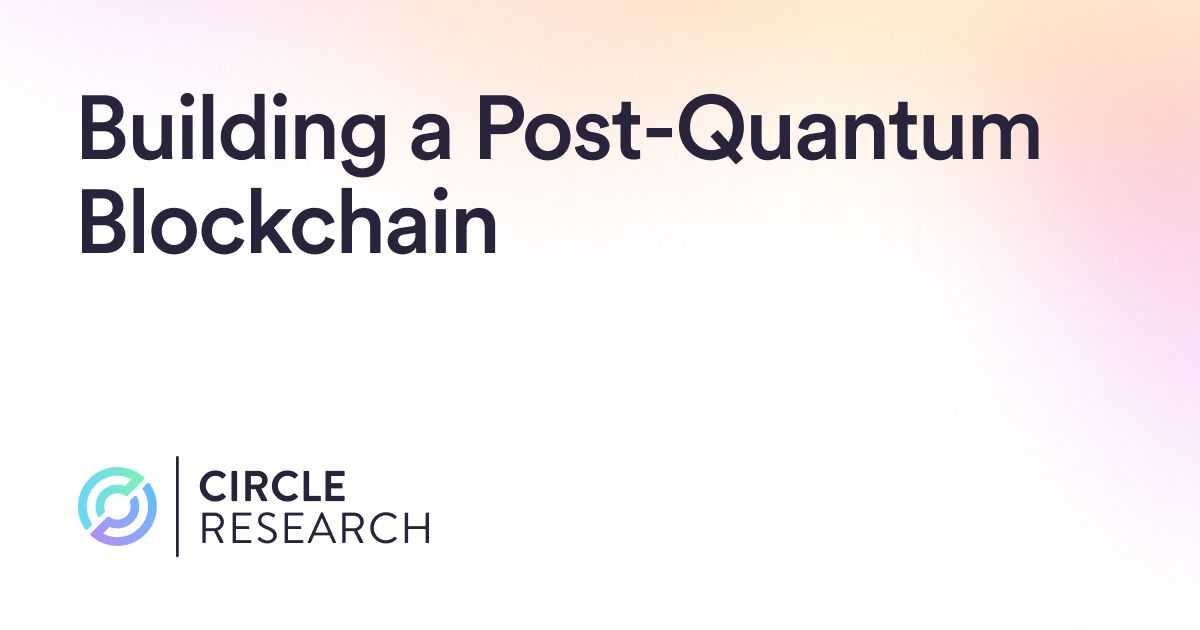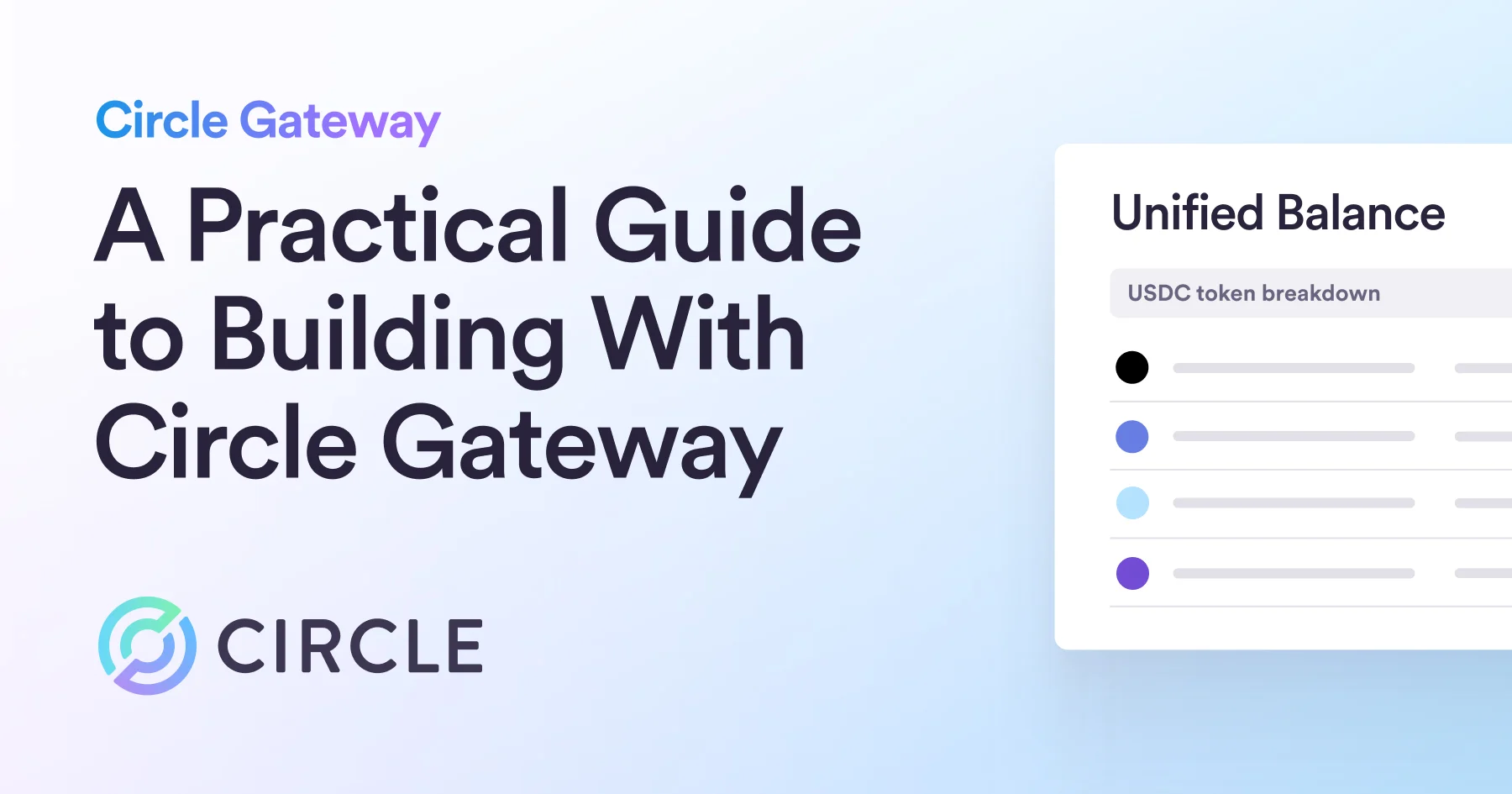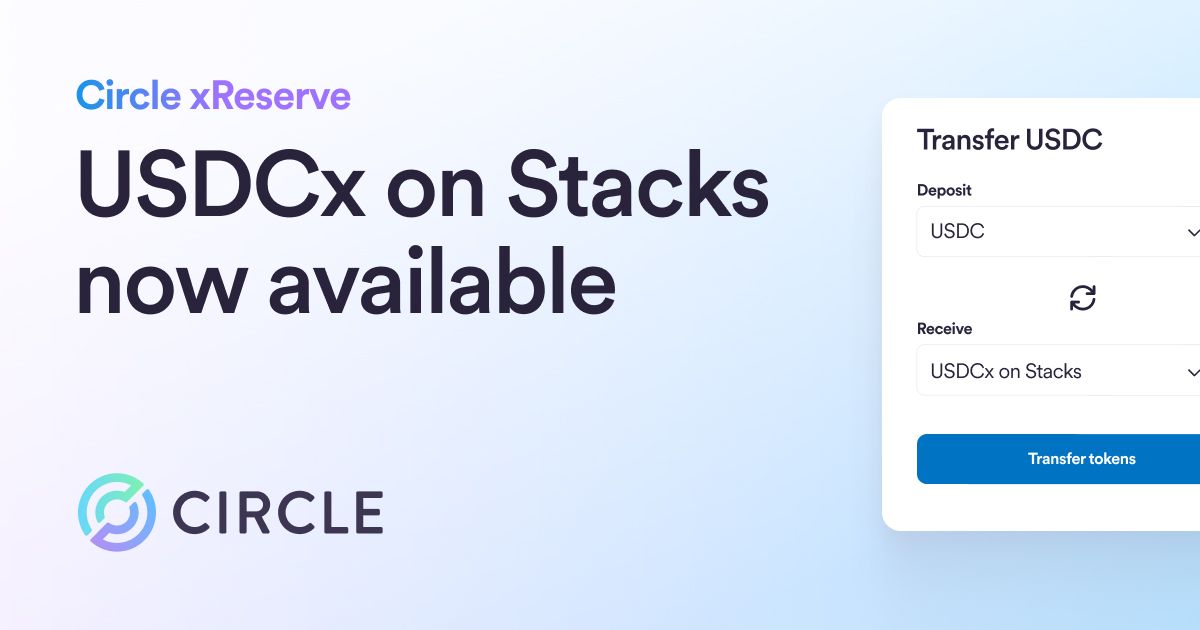Build Trust in Payments: Empower your app with AI and USDC for instant, low-cost payouts and smart contract transparency.

The freelance and gig economy has seen explosive growth in recent years, now encompassing approximately 1.57 billion freelancers worldwide which is nearly 47% of the global workforce. According to a report by Zero Hash and Lightspark, this sector is growing 15 times faster than the traditional job market and generated a staggering $5.4 trillion in revenue in 2021. As this segment continues to expand, it's clear that the financial needs of freelancers and gig workers are evolving, with many actively seeking solutions that offer faster, more reliable payment methods.
One of the most significant pain points for freelancers is the speed of payment. A recent survey revealed that 48% of freelancers report it takes too long to receive their earnings, with the majority expressing a strong desire for payments to be processed within 24 hours. Given these challenges, it's no wonder that many freelancers are exploring escrow services powered by USDC, which can expedite the payout process from days to mere minutes.
In this article, we will demonstrate how developers can leverage cutting-edge technologies to create an AI-powered escrow application. This solution will not only streamline the payment process but also address the key challenges faced by freelancers in the gig economy. We'll combine the following technologies to achieve this:
- USDC for seamless dollar transfers between businesses and freelancers
- Smart contracts for securely storing USDC in escrow
- An AI agent for verifying completed work and triggering payouts upon approval
- Circle's USDC Access for providing on/off-ramp liquidity (REQUIRES APPROVAL)
- Circle's Smart Contract Platform for deploying the escrow smart contract
- Circle's Programmable Wallets for storing USDC on behalf of the parties involved
Building the AI-Powered Escrow App
Let’s dive into the key technical components that make this escrow app work. Watch our video on the in depth of the sample application.
1. Smart Contract Implementation
The foundation of our escrow app is a Solidity smart contract that handles the deposit and withdrawal of USDC:
contracts/escrow-with-agent/EscrowWithAgent.sol
function deposit() public {
require(msg.sender == depositor, "Sender must be the depositor");
require(currentStage == Stages.OPEN, "Wrong stage");
require(
usdcToken.balanceOf(address(this)) <= amount,
"Can't send more than specified amount"
);
usdcToken.transferFrom(depositor, address(this), amount);
if (usdcToken.balanceOf(address(this)) >= amount) {
currentStage = Stages.LOCKED;
emit stageChange(currentStage);
}
emit deposited(amount, currentStage);
}
function release() public {
require(msg.sender == agent, "Only agent can release funds");
require(currentStage == Stages.LOCKED, "Funds not in escrow yet");
usdcToken.transfer(beneficiary, amount);
currentStage = Stages.CLOSED;
emit stageChange(currentStage);
emit released(amount, currentStage);
}
function revertEscrow() public {
require(msg.sender == agent, "Only agent can revert the contract");
require(
currentStage == Stages.LOCKED || currentStage == Stages.OPEN,
"Cannot revert at this stage"
);
usdcToken.transfer(depositor, amount);
currentStage = Stages.CLOSED;
emit stageChange(currentStage);
emit reverted(amount, currentStage);
}This contract manages 3 critical functions:
- deposit(): Allows the depositor to lock USDC in escrow
- release(): Enables the agent to release funds to the beneficiary
- revertEscrow(): Permits the agent to return funds to the depositor if needed
2. Circle Integration Setup
To interact with Circle’s services, we initialize two essential SDK clients:
lib/utils/smart-contract-platform-client.ts
export const circleContractSdk = initiateSmartContractPlatformClient({
apiKey: process.env.CIRCLE_API_KEY,
entitySecret: process.env.CIRCLE_ENTITY_SECRET,
});lib/utils/developer-controlled-wallets-client.ts
export const circleDeveloperSdk = initiateDeveloperControlledWalletsClient({
apiKey: process.env.CIRCLE_API_KEY,
entitySecret: process.env.CIRCLE_ENTITY_SECRET,
});3. Handling USDC Deposits
When a business deposits funds, we use Circle’s Programmable Wallets to handle the USDC transfer:
app/api/contracts/escrow/deposit/route.ts
const circleDepositResponse = await circleDeveloperSdk.createContractExecutionTransaction({
walletId: depositorWallet.circle_wallet_id,
contractAddress,
abiFunctionSignature: "deposit()",
abiParameters: [],
fee: {
type: "level",
config: {
feeLevel: "MEDIUM",
},
},
});4. AI-Powered Work Validation and Payment Release
When work is submitted, our AI agent analyzes the deliverables against the original contract requirements. Upon successful validation, it triggers the smart contract to release payment:
app/api/contracts/validate-work/route.ts
const circleReleaseResponse = await circleDeveloperSdk.createContractExecutionTransaction({
walletId: process.env.NEXT_PUBLIC_AGENT_WALLET_ID,
contractAddress,
abiFunctionSignature: "release()",
abiParameters: [],
fee: {
type: "level",
config: {
feeLevel: "MEDIUM",
},
},
});5. Transaction Monitoring
Circle webhooks are implemented to track transaction status and update the database:
app/api/webhooks/circle/route.ts
if (isInboundTransaction && transactionState === "COMPLETE") {
const response = await fetch(`${baseUrl}/api/wallet/balance`, {
method: "POST",
body: JSON.stringify({
walletId,
}),
headers: {
"Content-Type": "application/json",
},
});
const parsedResponse = await response.json()
await supabase
.from("wallets")
.update({ balance: parsedResponse.balance })
.eq("circle_wallet_id", walletId);
}AI Contract Analysis and Validation
The AI component of the project serves two primary functions:
- Contract Analysis: When a written legal contract (not a smart contract is uploaded), the AI agent extracts key information like payment terms, deliverables, and deadlines. This creates a structured representation that can be used for validation before listing.
- Work Validation: When work is submitted, the AI compares the deliverables against the original written contract requirements. If all conditions are met, it automatically triggers the smart contract to release payment.
Try It Yourself
Want to experiment with this escrow app? You can clone and run the repo locally.
Conclusion
By combining Circle’s robust stablecoin infrastructure with AI, we’ve created a secure and efficient escrow service for the gig economy. This solution demonstrates how developers can leverage Circle’s technology stack to build innovative financial applications that solve real-world problems.
The complete solution provides:
- Secure USDC escrow using smart contracts
- Automated contract analysis and work validation
- Real-time transaction monitoring
- Instant payments upon work approval
Whether you’re building a freelance platform or any other financial application, Circle’s developer platform provides tools you need to create secure, efficient payment solutions.





